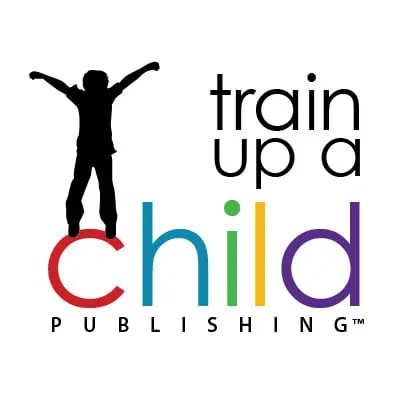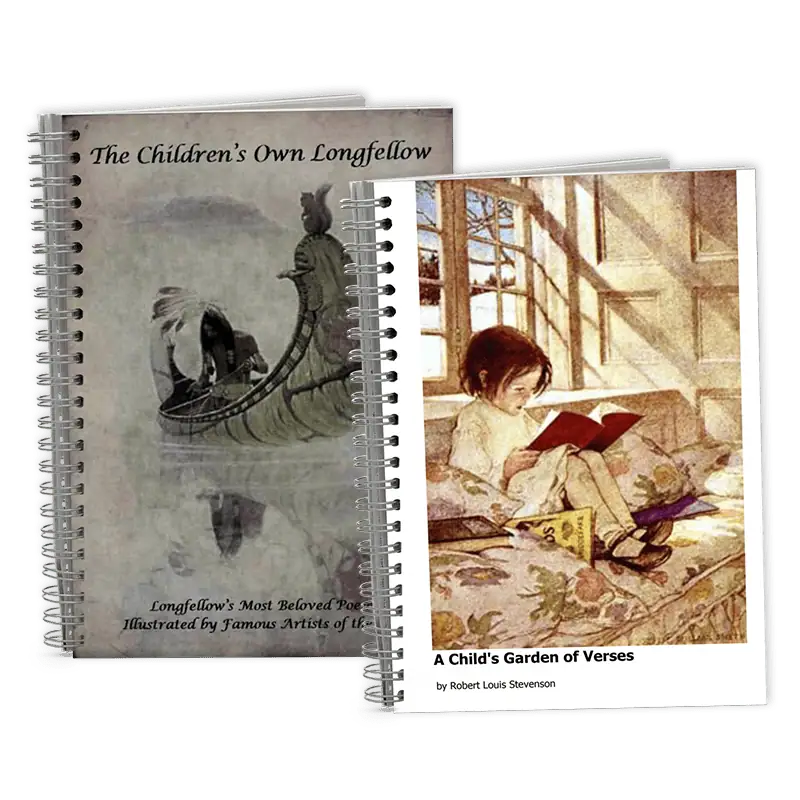Charlotte Mason Blog Carnival – a Philosophy of Education
The Charlotte Mason Blog Carnival featuring the CM Philosophy of Education
Many thanks to Amy for all that she does to make this happen every two weeks – along with homeschooling five on the mission field. If you haven’t done so already, you might consider checking out their ministry blog – especially if you want to see the face of missions in the remote villages along the Amazon! Very exciting, especially if your students have a particular interest in missions.
Since I have taken flower pictures during all of our summer escapades, this seemed a good time to share some! Enjoy!
The suggested topics of this edition are Principles 9 and 10 from Volume 6 of Charlotte Mason’s series, Towards a Philosophy of Education – reprinted below from Ambleside Online:
9. We hold that the child’s mind is no mere sac to hold ideas; but is rather, if the figure may be allowed, a spiritual organism, with an appetite for all knowledge. This is its proper diet, with which it is prepared to deal; and which it can digest and assimilate as the body does foodstuffs.
10. Such a doctrine as e.g. the Herbartian, that the mind is a receptacle, lays the stress of education (the preparation of knowledge in enticing morsels duly ordered) upon the teacher. Children taught on this principle are in danger of receiving much teaching with little knowledge; and the teacher’s axiom is,’ what a child learns matters less than how he learns it.”
The Charlotte Mason Philosophy of Education Compared with Public School
These principles of education, particularly #10, have constantly reminded me of public school, where it seems children are endlessly lectured and forced to “learn” in one, narrow way with the responsibility placed squarely on the shoulders of the teacher rather than on the student.
In contrast, as Charlotte Mason educators, we know that if we but lay out a feast before our children, including living books and living ideas, we can rely upon children’s natural appetite for knowledge to absorb and learn. Especially if we institute the habit of regular oral and written narration.
Barb from The Harmony Art Mom has observed the truth of Charlotte Mason’s philosophy of education. Barb’s post, Charlotte Mason: Narration or Memorizing for a Test, will encourage those of you wondering how well Charlotte Mason’s methodology works with high school students.
Nebby from Letters from Nebby is continuing this discussion of The Role of Ideas in a Charlotte Mason Education. Her thoughtful post discusses Charlotte Mason’s ideas from Volume 2 of the Charlotte Mason series.
Here’s an interesting post from Windy Hill Homeschool: This is Laurke’s Book Review: What Your Second Grader Needs to Know (Part 3). Read her post to see links to parts one and two. I am always surprised at how many viewpoints there are “out there” about what one “should” study at each grade level.
I was stunned when I started homeschooling and realized that there was no educational standardization in the U.S.! Although interestingly, Napoleon was the first (that I know of) to institute that… ah, a subject for another time!
The CharlotteMason philosophy of education in Art
The next post features My O’Keeffe Skull and Roses by the talented Nadine from her blog, Practical Pages. Nadine happened to come across a cow skull on her farm and was inspired to study the painting of the same subject by artist Georgia O’Keeffe.
If you’re looking for more art inspiration, read this post by Tricia over at Hodgepodge. Her post Henry David Thoreau: To the Woods Chalk Pastel, is a tutorial with lovely pictures and clear instructions if you want to try your hand.
Another Charlotte Mason philosophy: Plenty of Family Time
On another subject, yet one that is personally dear to my heart, Lanaya reflects on the importance of plenty of family time in her post Your Family: Scattered or Gathered? On her blog, Delightful Education. Over the years, we have certainly learned the value of PLENTY of together time to keep our family emotionally close. We are thrilled that our children STILL love to be home with us when they can, even as young adults. We are grateful. Thanks for your reminder, Lanaya.
This has been one of the shorter carnivals…if you would like to send in a post to be included in the next Charlotte Mason Blog Carnival, please send it to charlottemasonblogs (at) gmail (dot) com.
The upcoming carnival will be at Jimmie’s Collage. Our optional topic of discussion is Principle #11:
But we… give him a full and generous curriculum; taking care only that all knowledge offered him is vital, that is, that facts are not presented without their informing ideas.
For more information about Charlotte Mason’s philosophy of education, see The 20 Principles. {an overview}
Submit posts for future Charlotte Mason blog carnivals here: charlottemasonblogs (at) gmail (dot) com
Find out more about past CM Blog Carnivals.
Thanks for visiting!
![]()


Very encouraging. Our CM group has been discussing points 9 & 10. The mind is a living organism (it not only needs a wide variety of ‘food’, but is capable of changing/adapting & growing; *things a bowl cannot do*).
The link for Nebby’s post isn’t linked correctly. There are extra characters before the ‘http’ in the title linked and the link to her blog includes the link to *this* post AND her blog. If that makes sense 🙂
Her blog I think should be http://lettersfromnebby.wordpress.com/ and the post I believe is this: http://lettersfromnebby.wordpress.com/2012/07/10/the-role-of-ideas-in-a-charlotte-mason-education/
Blossom! Thanks so much for making me aware of the link problems! They are fixed now. My apologies, Nebby!
Thank you, Barb. I knew you would enjoy the flower photos. 🙂 And I agree about the length of the carnival this time – I love reading the longer ones, but it takes me a while to get through them! Reading the carnival in one sitting is a pleasant change and good for me this week, too!
What a beautiful carnival and just the right amount of entries for me to read this week…super busy. Thank you for your efforts and time in hosting the carnival for this edition.
Thank you! They all look like great posts- off to read them all now.
Thanks for hosting! Will be pinning it and reading everyone’s posts! 🙂
You’re welcome, Laurke and Blossom! It is always a pleasure to host the carnival. 🙂